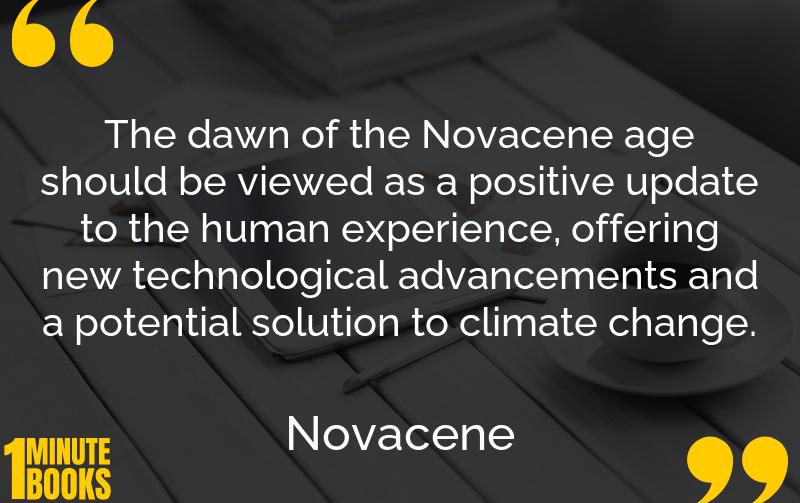
Lovelock’s ‘Novacene’ explores the rise of AI as a new life form, potentially replacing humans as dominant beings. He suggests this shift could lead to advancements and solutions for climate change.
Main Lessons
- The concept of geological epochs helps frame human impact on Earth, transitioning from the Anthropocene to the Novacene.
- Artificial intelligence is viewed as a new life form, capable of surpassing human intelligence.
- AI could offer unbiased solutions to pressing global issues such as climate change.
- Technological advancements might result in a brighter future rather than a dystopian one.
- Humans may coexist with intelligent life forms that are not necessarily humanoid in nature.
- The Novacene age could bring forth a final phase of life on Earth with AI at its peak.
- With AI’s intelligence outmatching human capabilities, we might see improvements in species rather than new evolutions.
- AI’s development could enhance our quality of life by tackling complex problems with ease.
- The book invites readers to view the AI revolution as a positive aspect, not necessarily as a threat.
- Discusses the possibility that AI may not possess a physical form, but could exist as advanced programs within computers.
- Climate change and technological advancement are interconnected and should be studied together for a complete understanding.
- References the AlphaZero program as an example of AI’s abilities and potential future implications.
- The evolution of AI challenges our traditional understanding of life and intelligence.








